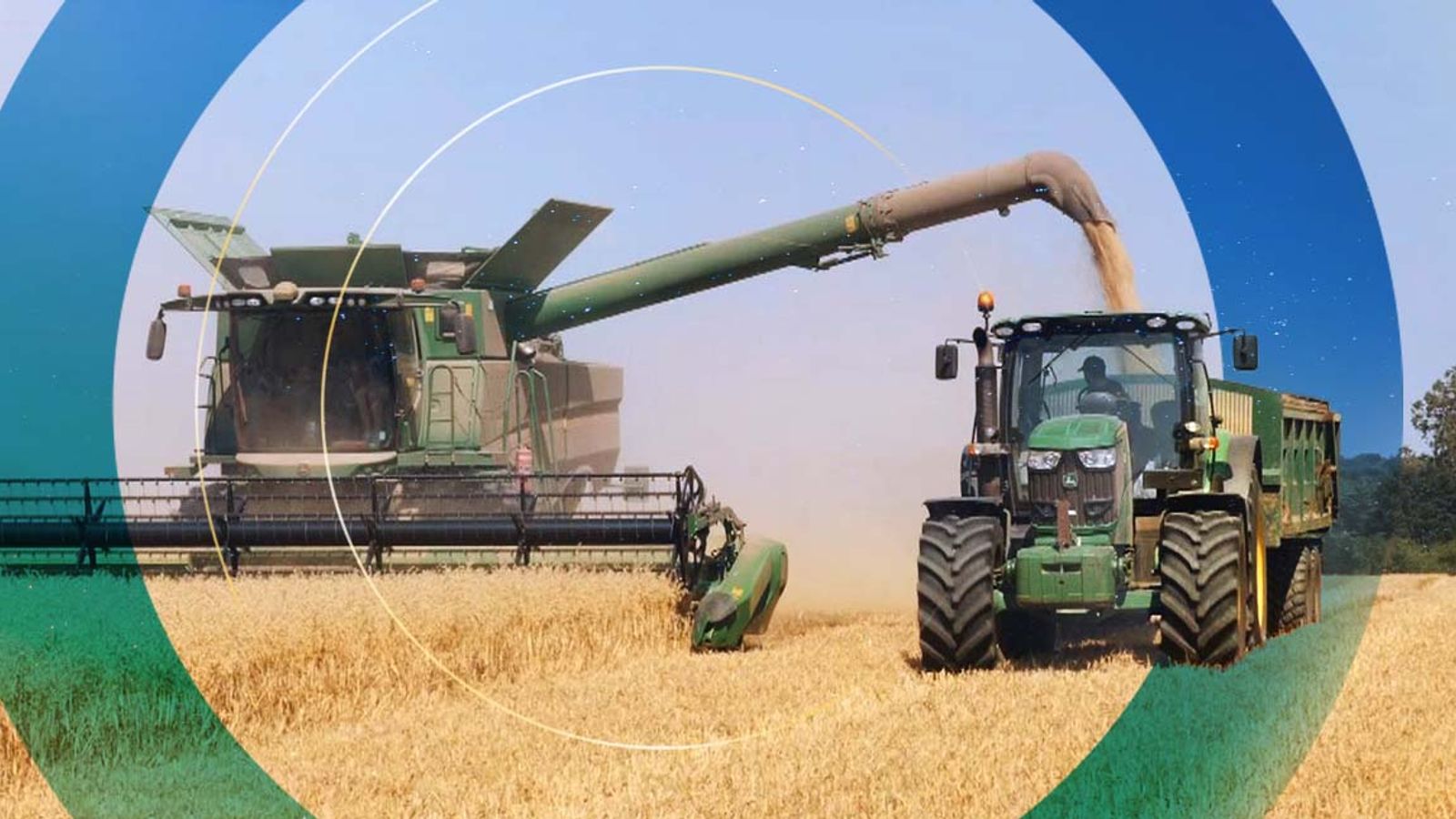John Lewis to roll out ‘buy back’ or ‘take back’ scheme in all product categories by 2025

Retailer John Lewis has promised to introduce a “buy back” or “take back” scheme in each product category by 2025 and offer more rental and resale services as it attempts to develop “more sustainable ownership options”.
The plans will build on existing initiatives that include children’s clothes rental, mattress and electrical recycling alongside new purchases and refillable groceries.
Unveiling its new biodiversity plan, the group also pledged to halve food waste from its operations, supply chains and households by 2030, and divert all unwanted but still edible surplus food to “people that need it most” in the UK.
Working with wildlife charity WWF, the group has committed £2m over the next five years to restore and protect nature in Norfolk, a key agricultural region also one of the worst hit by drought, and in India’s Noyyal and Bhavani river basins, another key sourcing region.
“The UK is in the bottom 10% of countries globally for the abundance of nature, and the way we produce our food is one of the main reasons behind this, as well as being a major contributor to our greenhouse gas emissions,” said David Edwards, food strategy director at WWF.
The plans are part of its target to make all of its supplier farms in the UK – where agriculture accounts for 10% of greenhouse gas emissions – net zero by 2035.
The partnership, which runs Waitrose supermarkets as well as department stores, says it wants to show regenerative agriculture, nature restoration and carbon sequestration are “possible even in one of the most intensively farmed areas of the UK”.
Marija Rompani, ethics and sustainability director, said: “We all know that we can’t exist without nature, it is essential for our survival and it will play a vital role in solving the problem of climate change.
“We can’t solve one without the other, the crises of nature loss and climate change are inextricably linked.”
Advertisement
The fact the UK is one of the world’s most nature-depleted countries is “unacceptable and given the tiny window in which we have to get this right, delaying action is simply not an option,” she said.
“This is why we’re going back to our roots and focusing our efforts on protecting and restoring nature,” she added, which includes ridding fossil fuels from its transport fleet by 2030.
The announcement, arriving as most of England remains in drought after an extremely dry spell, also commits the firm to funding water conservation projects in key regions and sourcing fresh food from areas managing water responsibly by 2030.
Read more from Sky News:
Environment Agency chief warns of irreversible biodiversity damage that could eventually kill off humans
Creating global protected areas ‘insufficient’ to prevent species decline – UN report
Scotland’s ancient forests facing a ‘biodiversity crisis’ from non-native tree planting
Watch the Daily Climate Show at 3.30pm Monday to Friday, and The Climate Show with Tom Heap on Saturday and Sunday at 3.30pm and 7.30pm.
All on Sky News, on the Sky News website and app, on YouTube and Twitter.
The show investigates how global warming is changing our landscape and highlights solutions to the crisis.